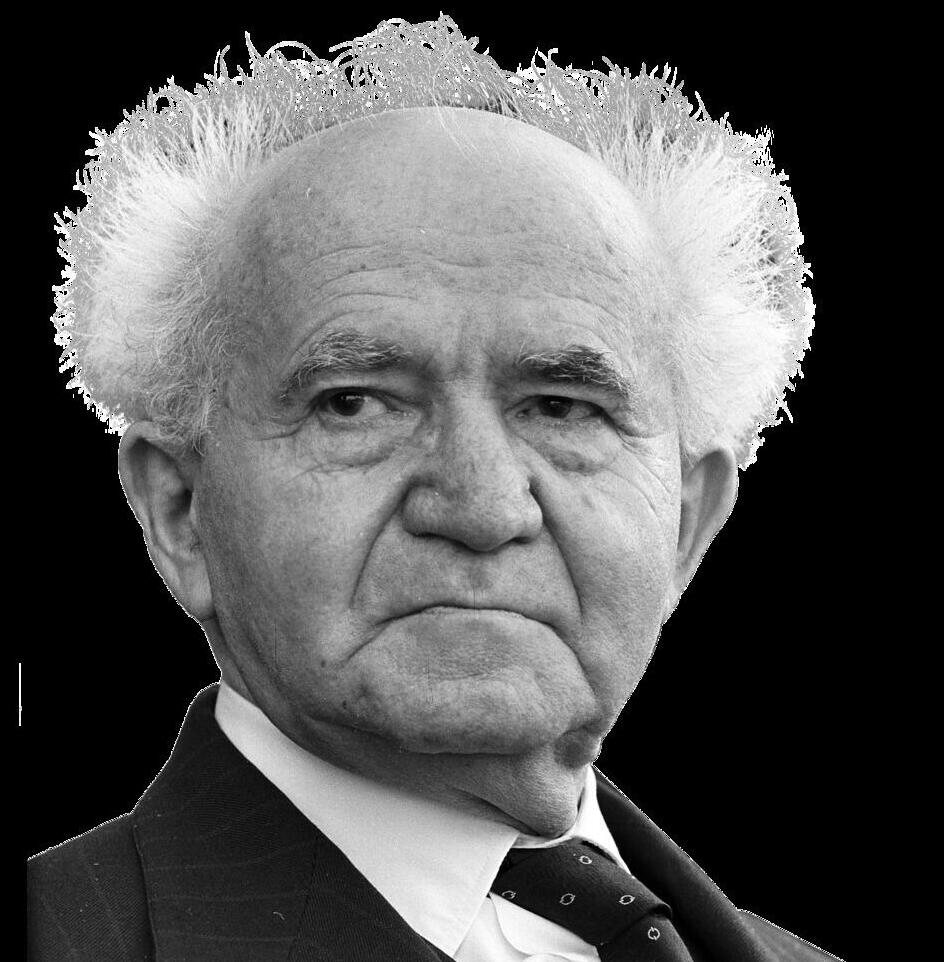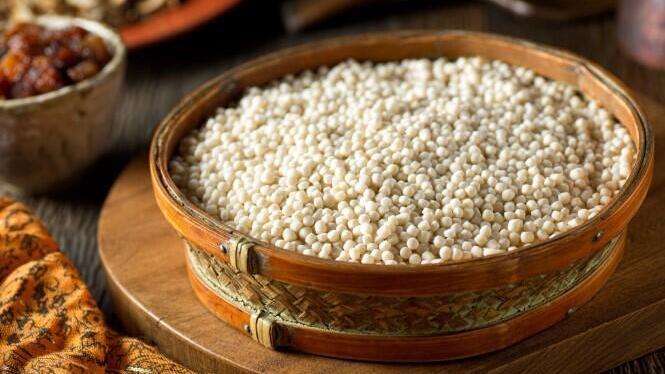Yesterday it was possible to think just for a moment that all the major disputes were over, and that the Israeli-Palestinian conflict had moved from a land dispute to the kitchen. At the center of Tuesday's confrontation was one of the most Israeli of Israeli foods – known as Israeli couscous or ptitim, which even bear the nickname "Ben-Gurion's rice" after the first prime minister since the wheat-based product was developed at his request at a time when there was a shortage of rice in Israel.
Read more:
The uproar surrounding the issue arose around a tweet posted by Knesset member Ahmed Tibi. "For years it has been claimed that 'Ben-Gurion Flakes' are an original Israeli dish. So no. These flakes are actually a Palestinian 'meftul', after all, it is couscous (North Africa). What do you have left, krembo?" he posted on the social media platform X, referring to the sweet treat popular in Israel which was first produced in Denmark in the 19th century). "And I love my mother's meftul that she makes by hand," he added.
This is not the first food that Israel and its Arab neighbors have fought over. For example, the debate about the origin of falafel and hummus also has arisen in the past, though it seems that the falafel issue is historically the more sensitive one.
Ptitim were created during the austerity period in the early days of the state, when rice was scarce and out of the reach of the average citizen. The country's first prime minister, David Ben-Gurion, asked Eugen Proper, founder of the Osem company, to produce a similar, but cheaper, dish. Inspired by the farfel from Ashkenazi Jewish cuisine, Proper creates ptitim using egg noodle dough.
Meftul, on the other hand, comes from Lebanese cuisine and is usually made from bulgur.
David Kichka, chairman of the Israeli Association for Culinary Culture, explained Tuesday: "These are two different things. Ptitim are completely an Israeli invention. But they have origins throughout the Mediterranean basin. In our region there are many foods based on wheat products. Food is something that travels between places, and foods are inspired by other foods. It's a natural process."
2 View gallery


Israeli couscous or ptitim is nicknamed 'David Ben-Gurion's rice'
(Photo: David Rubiger)
According to Kichka, "Israeli chefs around the world refer to ptitim as "Israeli couscous," because it resembles the shape. I ate types of handmade ptitim in the south of Italy, where it was called risoni; in the south of France, they called it pearls of Provence; and there is also a similar dish in Sicily and Turkey. There is the Moroccan barcox and also the meftul which has roots in Lebanon, and in some places it is called maghreb because it is claimed that it came from the Maghreb region in North Africa."
"There is a desire here to identify through the plate. We have also seen this for hummus. It also exists in couscous with the countries of North Africa. Either way, ptitim are not Palestinian," Kichka concludes.


